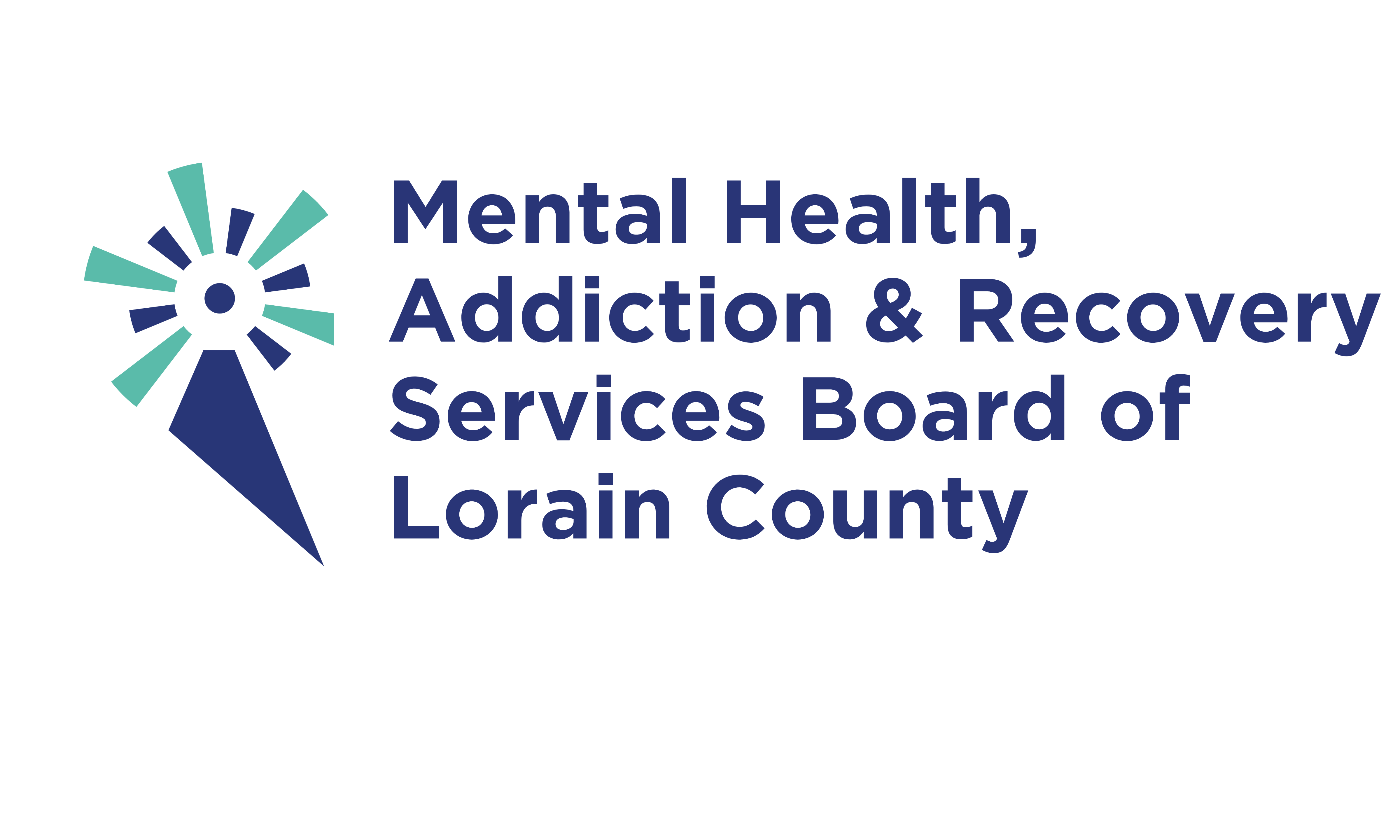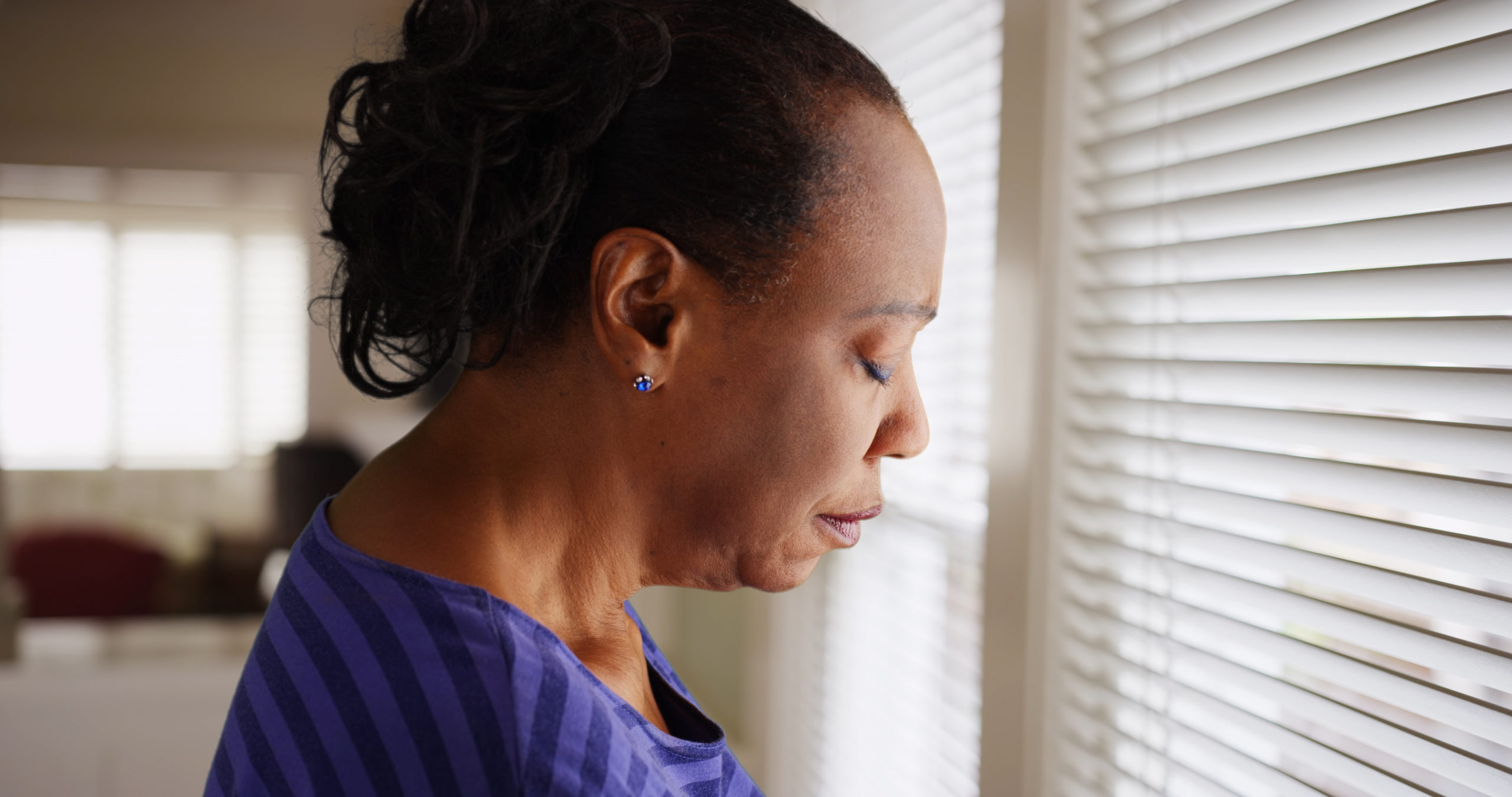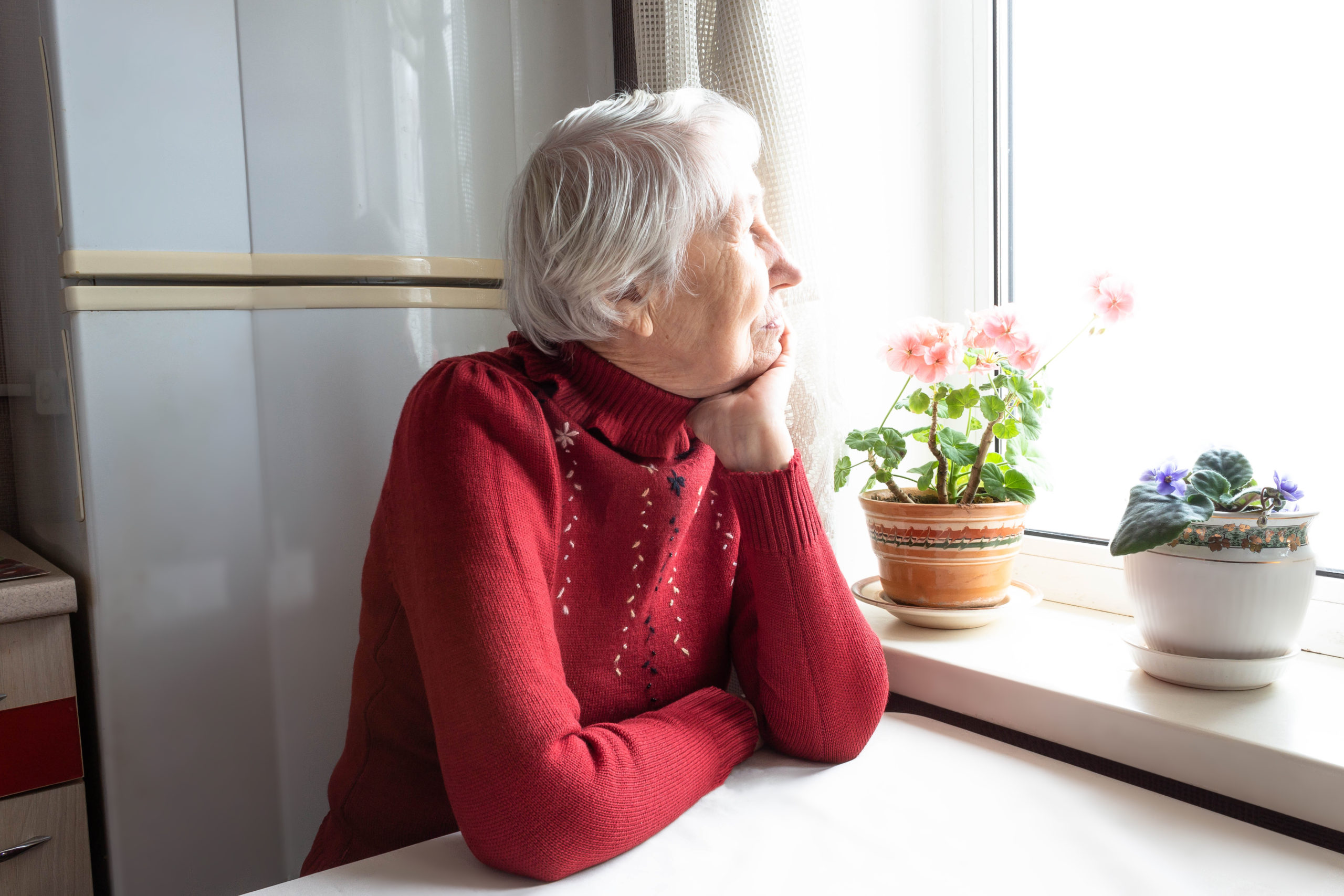Joint Statement from the Mental Health, Addiction and Recovery Services (MHARS) Board and Lorain County Public Health
Your calm and knowledgeable response to the coronavirus will help set an example for others in the community. Thank you for being a leader in a safe, healthy and supportive response to the distress some people are feeling regarding coronavirus prevention.
If you know of a person who is showing signs of anxiety, or has a mental health concern that may be made worse by the stress of virus precautions or risk, use these resources to help calm their concerns. Know how to help, and then connect them to the right assistance if they need it.
Here’s what to know, what to do, and how to help someone in distress:
Listen to the experts. Use reliable sources of information that have the facts on what is happening in Ohio. The following agencies have helpful resources on prevention and testing, and mental health care, for you and your family:
- Centers for Disease Control (CDC): https://www.cdc.gov/coronavirus
- Ohio Department of Health (ODH): If you have specific questions about coronavirus, ask an expert at 1-833-4-ASK-ODH (1-833-427-5634). This call center is managed by the Ohio Department of Health and is now open 7 days a week from 9 a.m. to 8 p.m.
- Lorain County Public Health (LCPH): https://www.loraincountyhealth.com/coronavirus
- Call: 440-322-6367
- Ohio Department of Mental Health and Addiction Services (OhioMHAS):
https://mha.ohio.gov/Health-Professionals/About-Mental-Health-and-Addiction-Treatment/Emergency-Preparedness/Coronavirus
Reduce feelings of disconnection and loneliness, safely:
Use your phone. We must follow guidelines on physical social distancing by keeping approximately six feet away from other people whenever possible, but we can call to support each other emotionally, and make someone feel more connected to the world. Text, call, and/or Facetime to check in with older adults, family members, loved ones, and neighbors.
Read through the guidelines for high-risk populations, including older adults: https://www.cdc.gov/coronavirus/2019-ncov/specific-groups/high-risk-complications.html
Add these resources to your phone contact list, and share with your loved ones:
Disaster Distress Helpline: Call 1-800-985-5990 or text “TalkWithUs” to 66746.
- This is dedicated to providing immediate crisis counseling for people who are experiencing emotional distress related to any natural or human-caused disaster.
Crisis Text Line: Text “4hope” to 741741, or message on Facebook at https://www.facebook.com/crisistextline.
- This is free, confidential resource for anyone in a distressing moment, who needs to talk it out.
The Ohio Mental Health & Addiction Services “Managing Coronavirus-related Stress: http://bit.ly/ohiomhas_stress has quick tips:
Reduce your stress and feel better. Be prepared. Prevent risk of illness by taking simple steps that are good practices:
- Wash your hands.
- Cover your cough.
- Increase cleaning.
- Stay home if you’re sick.
- Eat healthy foods and exercise to boost your immune system.
- Get plenty of rest.
- Stay in touch with friends and loved ones and talk with them about your worries.
Recognize signs of distress in yourself and family or friends. Signs of stress include worry, fear, sleeping or eating too little or too much, difficulty concentrating, pulling away from people or things at home or work or in daily life, yelling or fighting with family or friends, having thoughts or memories you can’t get out of your head, unexplained aches and pains, feeling hopeless or helpless, thinking of hurting yourself or someone else, and smoking or drinking alcohol more than you should.
Limit media exposure. Today’s 24-hour news cycle can make it difficult to turn away from the TV, radio, or social media, but research has shown that excess media exposure to coverage of stressful events can result in negative mental health outcomes. Use trusted media outlets to gather the information you need, then turn them off.
Now, take a moment for yourself.
Do a grounding technique that brings you into the here-and-now, and out of anxiety or distress. Find your favorite de-stressing technique from Psychology Today: https://www.psychologytoday.com/us/blog/fixing-families/201905/upset-10-grounding-techniques
Or use this all-ages 5-4-3-2-1 Grounding Exercise:
Say out loud 5 things you see in the room.
Say 4 things that you can feel (feet on the floor, air in my nose)
Say 3 things you hear right now.
Say 2 things you can smell right now.
Say 1 good thing about yourself.
More information
This statement is provided as a help and courtesy to our partners and members of the public. For general local resources related to the Coronavirus, visit Lorain County Public Health online: https://www.loraincountyhealth.com/coronavirus
Share this info on Facebook: http://bit.ly/2TJSpZt


